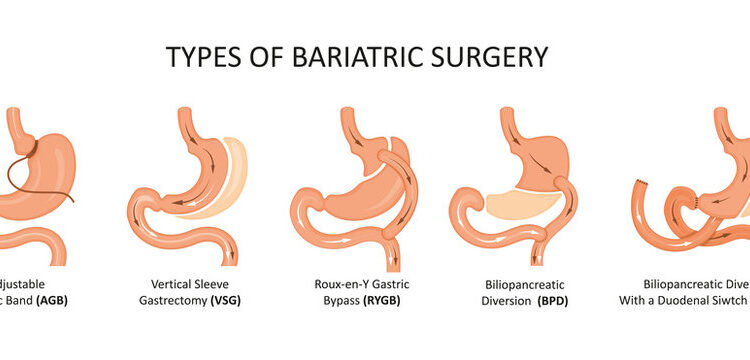For some people keeping their weight under control and at a healthy level is extremely difficult. There are various reasons why this may be but guaranteed every single one of these people is acutely aware of the damage to their health. Whatever the reason for your difficulties in losing weight, if you’ve had a dangerously high BMI for some time, chances are gastric bypass surgery has been mentioned. Such surgery can be a life-changing liberation, but before going ahead, it’s vital to consider the implications to your lifestyle that come with it.
Diet
The most immediate and long-range change you’ll notice after gastric bypass surgery is the changes to your diet. In the initial weeks afterward, you’ll start on a liquid diet that slowly but steadily progresses back to solids. Therefore, there is no comfort eating the pain and discomfort away. Long-term eating habits must change to avoid pain and discomfort after meals or even the potential of the surgery failing. Supplements to prevent nutritional deficiencies will also become necessary due to the stomach’s reduced capacity.
Pain
As with any invasive surgery, there will be pain associated with the healing period, which you must mentally prepare for. Pain can come from healing incisions, especially if you opt for gastric sleeve surgery that removes a portion of the stomach. Other causes of left side pain after gastric sleeve include pooling of CO2 post-operation, which requires gentle movement and exercise to help expel. Leaks can also cause excruciating pain and lead to infection, so you should discuss any pain outside of the routine healing of incisions with your doctor immediately.
Physical Appearance
Everyone wants to look their best, meaning expectations of physical appearance post-surgery can be high. Unfortunately, when body mass is high for a sustained period, the skin stretches to accommodate the extra bulk. When stretched for too long, the skin loses its elasticity, meaning when that bulk goes, the skin stays stretched out. Stretched skin can result in unattractive and often heavy flaps of skin that may require further, expensive surgery to remove.
Most people are unprepared for the shock of not suddenly having a svelte well-toned body after the hard work of adjusting to a new lifestyle. And ironically, some people have been large for so long that they struggle with the shock of being significantly smaller. Consider how you’d handle these eventualities.
Which Bypass Option – Reversible Or Not
There are several types of gastric bypass surgery available, most of which are irreversible though not all. Whether opting for a balloon inflated within the stomach or removing a portion of the stomach, all options work by reducing the stomach’s capacity. Which option is best for your circumstances should be thoroughly discussed with your specialist before committing to surgery. You’ll also discuss the prerequisites of getting the operation, such as losing weight and committing to the long-term diet plan.
Committing to gastric bypass surgery is no small undertaking, but if you’re aware of the options and consequences, it can be an incredibly positive undertaking.




